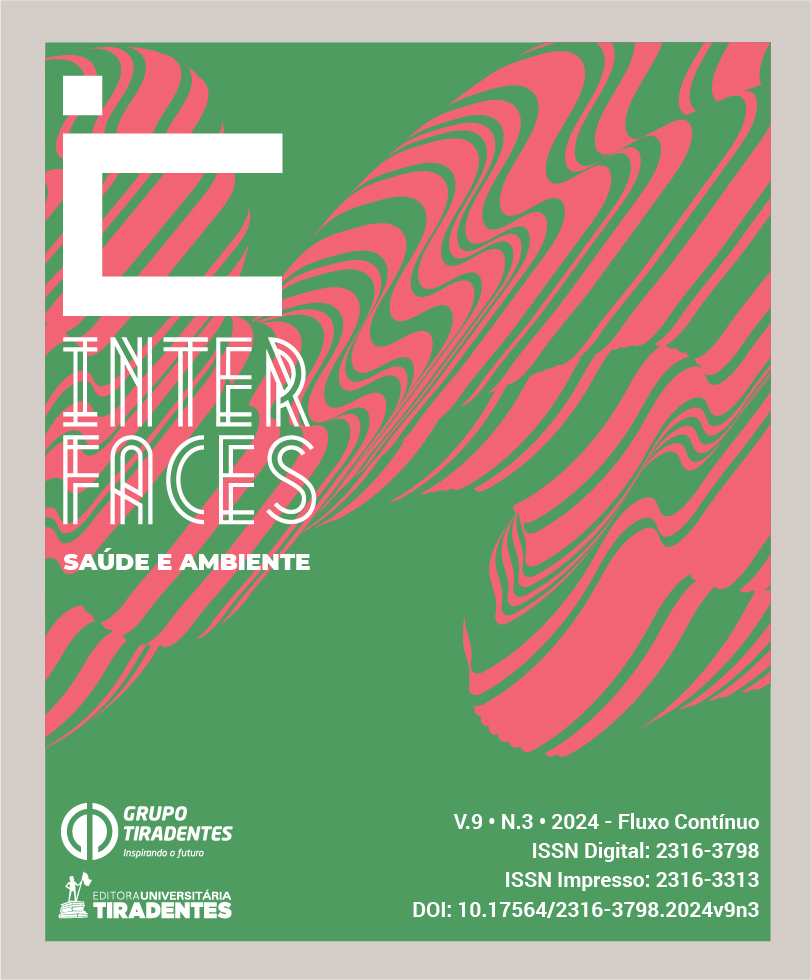APPLICATION OF MARKOV CHAINS AND ARTIFICIAL NEURAL NETWORKS IN THE PREDICTION OF HEPATITIS CASES IN THE SOUTHERN STATES OF BRAZIL
DOI:
https://doi.org/10.17564/2316-3798.2024v9n3p745-759Publicado
Downloads
Downloads
Edição
Seção
Licença
Copyright (c) 2024 Interfaces Científicas - Saúde e Ambiente

Este trabalho está licenciado sob uma licença Creative Commons Attribution-NonCommercial 4.0 International License.
Autores que publicam nesta revista concordam com os seguintes termos:
a. Autores mantêm os direitos autorais e concedem à revista o direito de primeira publicação, com o trabalho simultaneamente licenciado sob a Licença Creative Commons Attribution que permite o compartilhamento do trabalho com reconhecimento da autoria e publicação inicial nesta revista.
b. Autores têm permissão e são estimulados a distribuir seu trabalho on-line (ex.: em repositórios institucionais ou na sua página pessoal), já que isso pode gerar aumento o impacto e a citação do trabalho publicado (Veja O Efeito do Acesso Livre).
Resumo
Viral hepatitis is a disease caused by five known types of virus and can be chronic or acute. This study collected historical data on hepatitis in the southern states of Brazil and applied Markov Chains as an input parameter for predicting cases, using Artificial Neural Networks (ANN). A comparison was then made between the method that includes the two methodologies and the prediction made by ANN using only the data from the historical series. The mean absolute error (MAE) and mean absolute percentage error (MAPE) were calculated to determine the best forecasting model for each state. It was not possible to determine a configuration that simultaneously presented the best MAE and MAPE values for each state, but it was found that the lowest errors were obtained by using Markov Chains as an information generator for the ANN models, with a MAPE of 4.45% using the Levenberg-Marquardt training algorithm, with a delay equal to 3 and a number of neurons equal to 60.




















